The world seems startled by the seemingly sudden rift between key Arab states and Qatar. Yet the crisis has been in the making for more than a decade.
It is certainly drastic, but there’s nothing remotely mysterious in Saudi Arabia, the UAE, Bahrain, Egypt and others cutting diplomatic relations and suspending many other ties with Doha.
Outrage over Qatar’s conduct has been brewing for many years in a bitter battle of Arab ideas.
Qatar casts Al Jazeera, and its extensive assembly of other media assets, as a breath of fresh air. In the early days, there was some truth to that. Al Jazeera was, at first, new and different.
But it was also always, and mainly, a mouthpiece for political radicalism, primarily of the Islamist and Muslim Brotherhood varieties, but also for old-fashioned pan-Arab nationalism. Every populist, “revolutionary” anti-status quo and downright irresponsible viewpoint was welcome and frequently championed.
The Al Jazeera airwaves were therefore typically putrid.
In addition to marketing them, Qatar funded, hosted and otherwise supported extremist groups — especially those, such as Hamas, that kept one foot in the Arab and another in the Iranian camp. Doha’s ambition is to project its regional influence by promoting radical organisations that strategically deploy chaos, instability and even violence to overthrow existing governments and seize power.
Qatar has thereby effectively meddled in the internal affairs of many other Arab states, including nominal allies.
Indeed, the same countries at the core of the current dispute – Saudi Arabia, the UAE and Bahrain – broke diplomatic relations with Qatar in 2014 and induced Doha to sign a pledge to mend their ways, which has largely remained unfulfilled.
So, there’s nothing new or sudden about these tensions.
In addition, Doha now stands accused of supporting a range of other regional miscreants, including through what the Financial Times says was a $1 billion ransom payment for Qatari royal family members kidnapped in Iraq and rebels captured in Syria. About $700 million reportedly went to Iran and Iranian-backed Iraqi militias, and the remainder, apparently, to Al Qaeda affiliates.
Qatar is being put on notice, in the strongest terms, that all such conduct must finally stop.
Much commentary implies that the confrontation is essentially opportunistic, cynical, capricious or planned. But the extreme measures taken against Qatar by this grouping of key Arab states illustrates how seriously they take the need to rein in Doha once and for all.
These measures are hardly cost- or risk-free. They carry a hefty financial burden for all sides. The consequences cannot be controlled or fully predicted. The present unity, and even the long-term future, of the Gulf Cooperation Council is at stake. But unity worthy of the name is exactly what is being demanded.
Qatar’s massive media arsenal will try to convince people throughout the region, including Islamists, Arab nationalists, some liberals and others around the world, to side with Doha. Many will.
The rift also presents potential opportunities to Iran and its proxies, and other malefactors, who could perhaps find a way of taking advantage of these tensions between Gulf countries.
In short, this is by no means capricious or undertaken lightly. Rather, it is plainly a matter of the utmost seriousness. Otherwise so much would not be placed at hazard to try to bring Qatar, at long last, back into the responsible Arab camp.
Unlike in 2014, though, it won’t be enough now for Doha to sign a document and go back to business as usual.
This time it is being told to close numerous media outlets, retool others, and end the political and religious incitement; expel or muzzle demagogues such as Youssef Al Qaradawi and Azmi Bishara; and stop undermining efforts to contain and roll back Iran’s hegemony and destabilising policies.
Unless it wants to try to defect fully to the Iranian camp, which is unthinkable, Doha’s hopes now seem pinned on American mediation. That seems unlikely: yesterday Mr Trump tweeted that “all reference was pointing to Qatar” for funding extremism.
Mr Trump’s priorities — combating terrorism and confronting Iran — are precisely the two issues that are driving actors in both the Middle East and Washington to pressure Doha to see reason.
American mediation is almost inevitable and can serve the interests of both sides. Washington wants to end the confrontation and is uniquely positioned to leverage both sides. But Doha cannot expect Washington to ignore the clear-cut history and context.
In 2014 Qatar gave way on paper, but its conduct remained largely unaltered. This time Doha must amend its behaviour — and that of its media empire and mouthpieces — or face unsustainable isolation. Arab countries apparently are no longer willing to go through this every few years.
Qatar resists the idea tooth and nail, but its conduct will now surely have to change.
This article was originally published by The National.
The views represented herein are the author's or speaker's own and do not necessarily reflect the views of AGSI, its staff, or its board of directors.

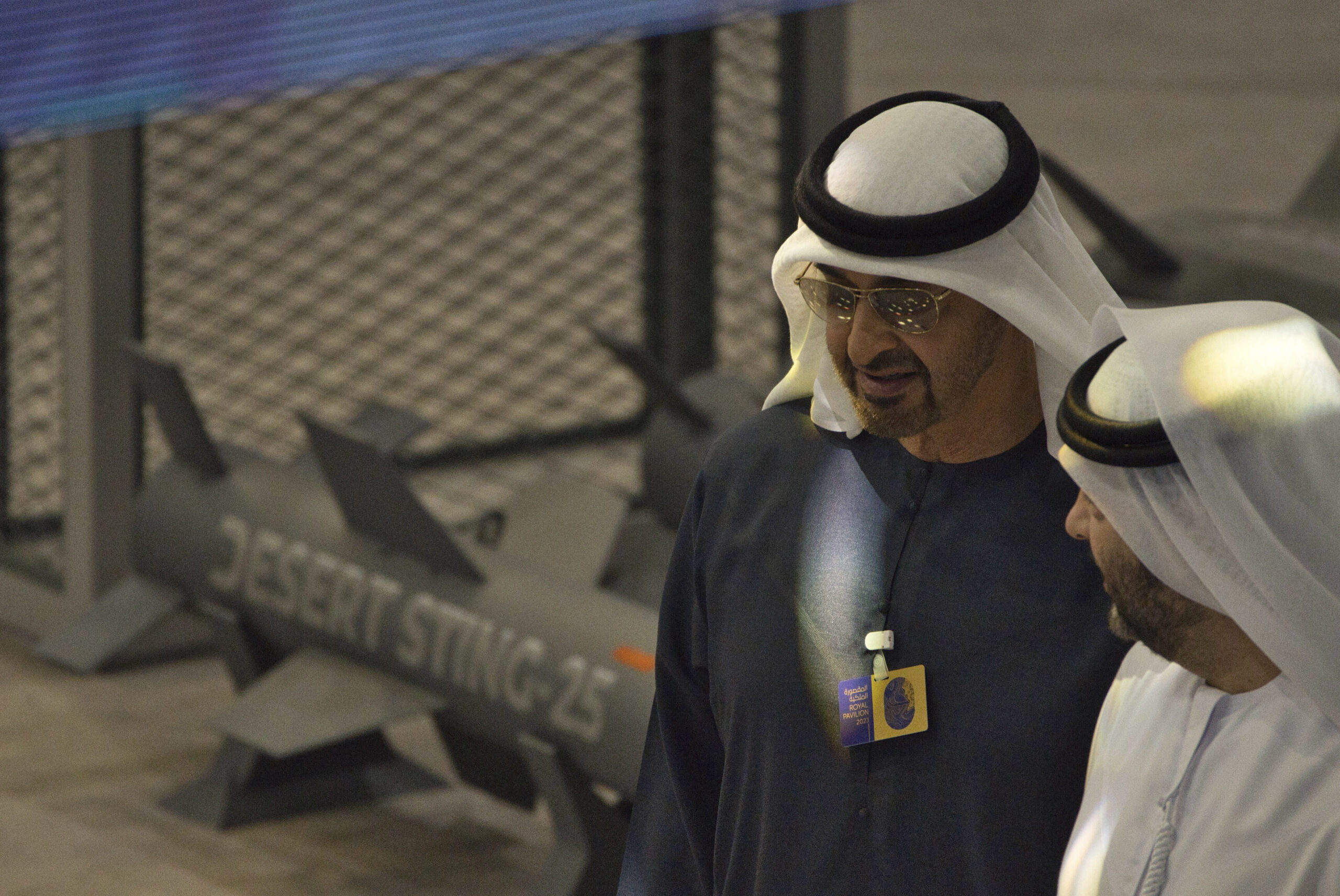

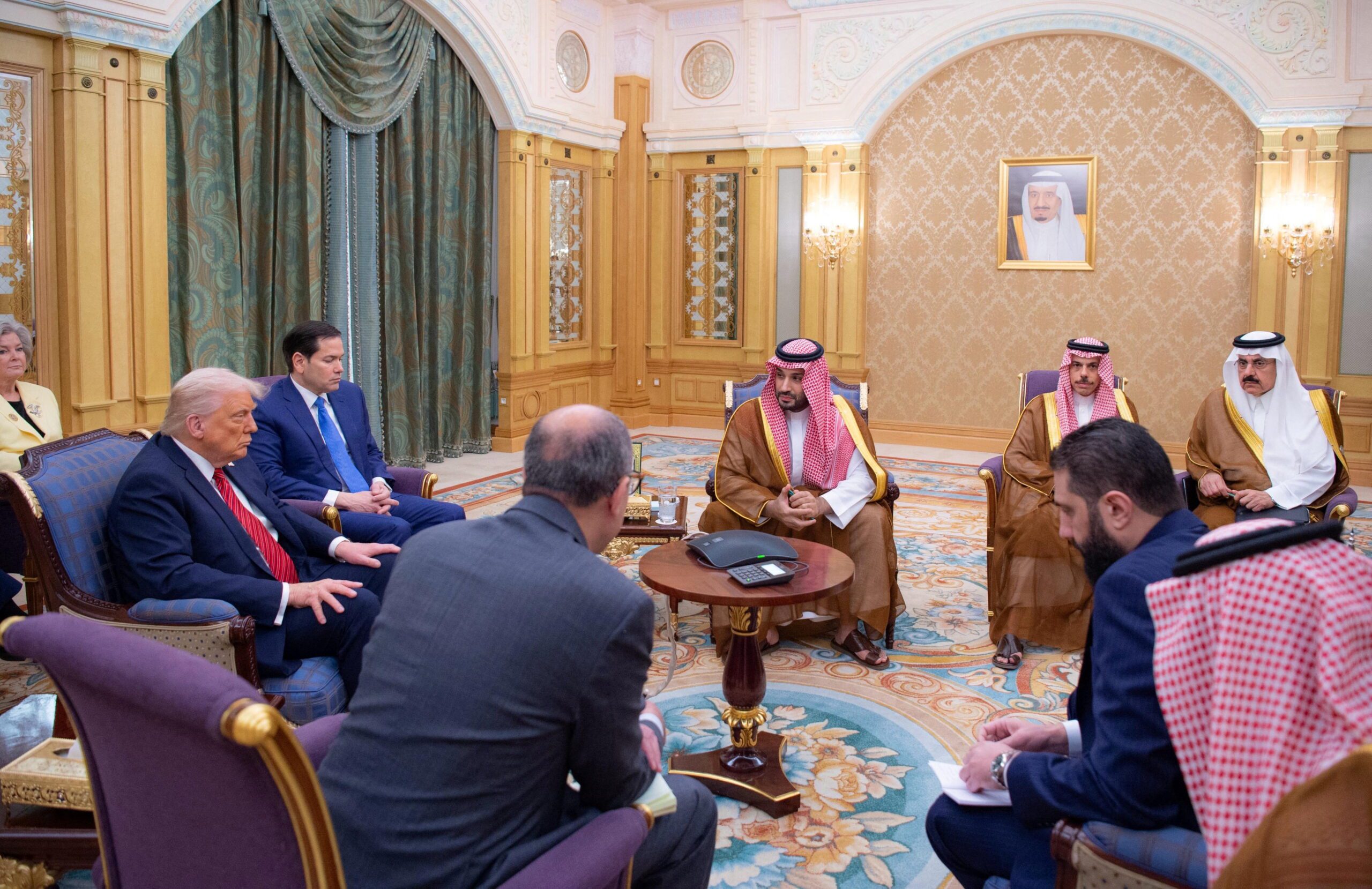

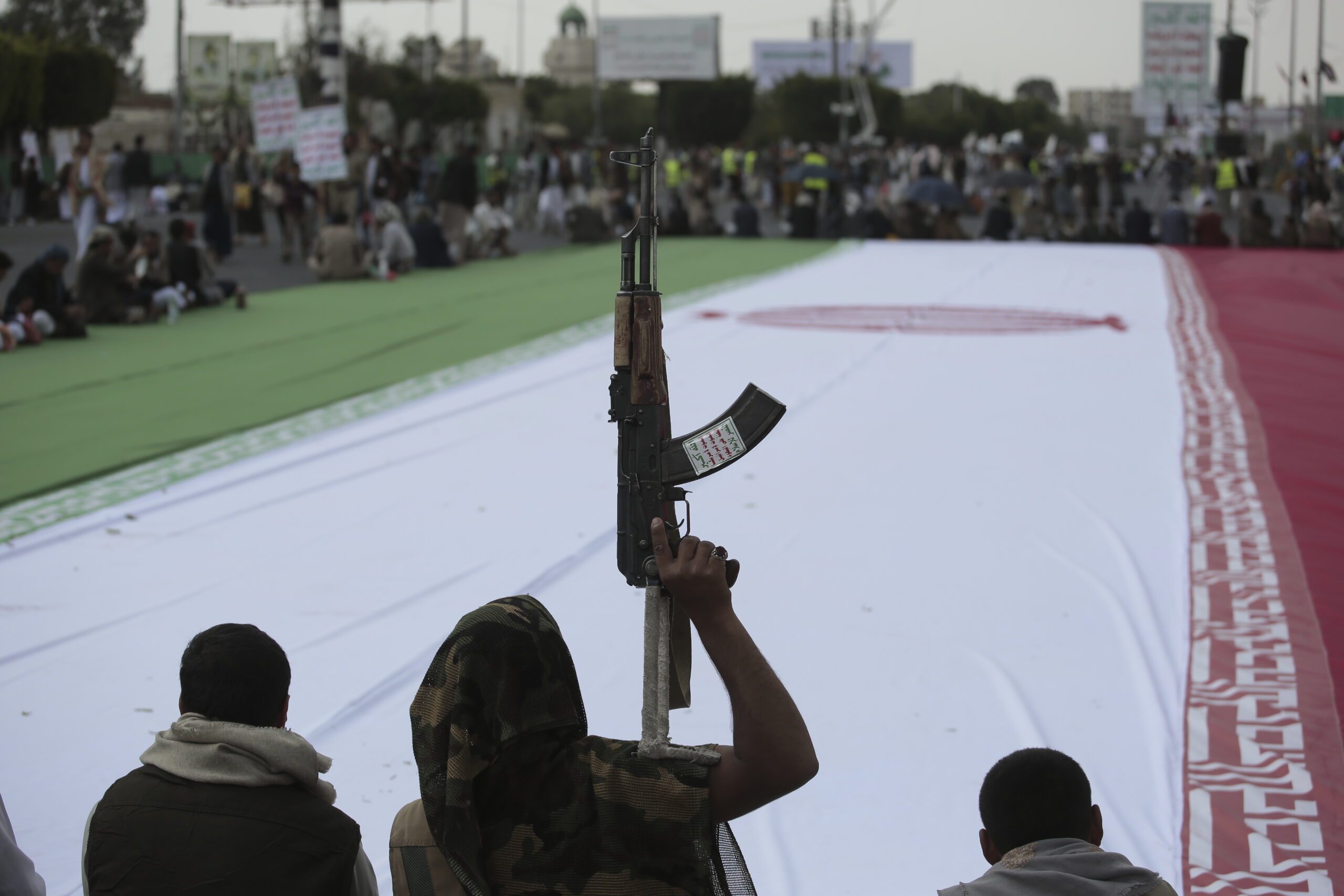

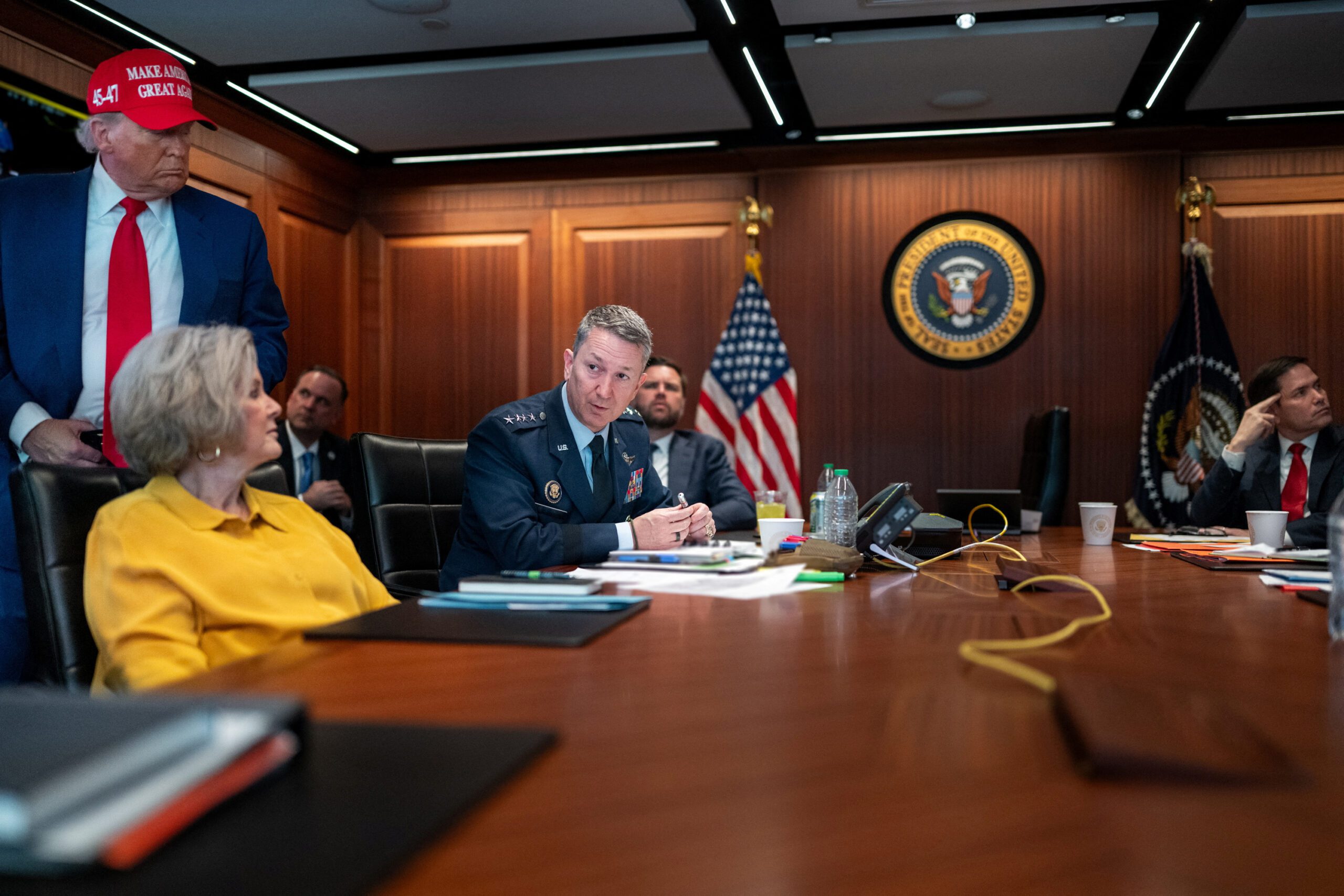
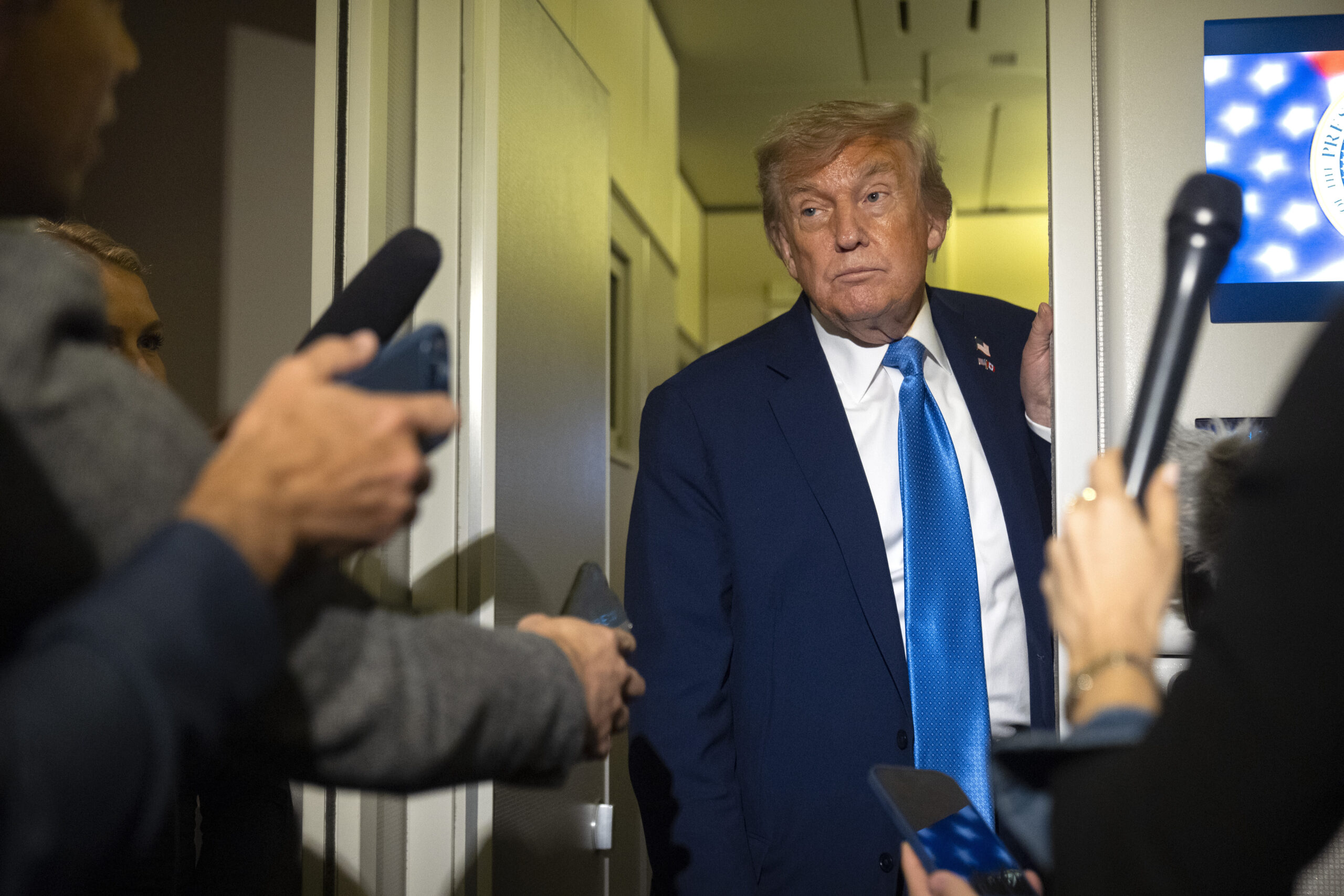















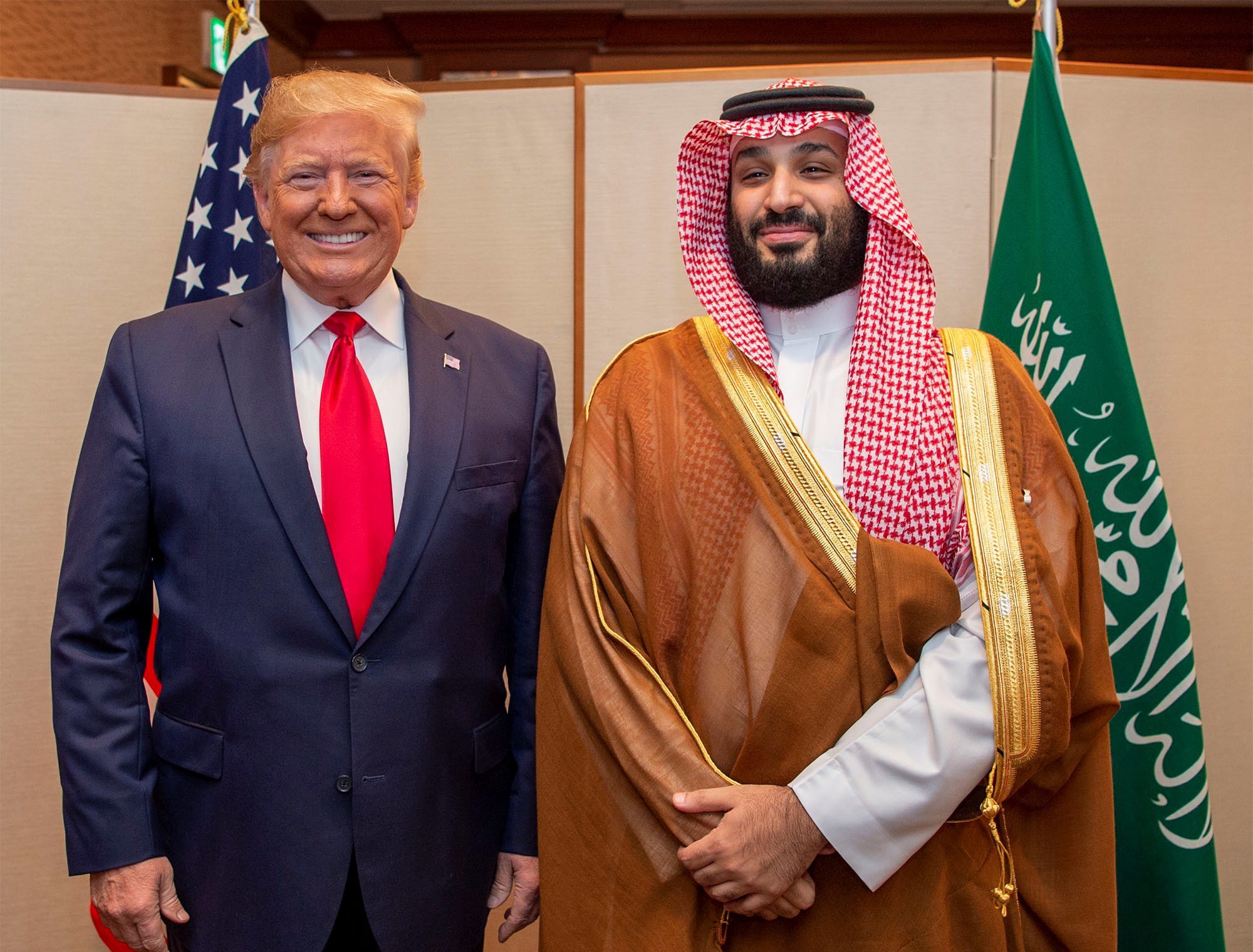

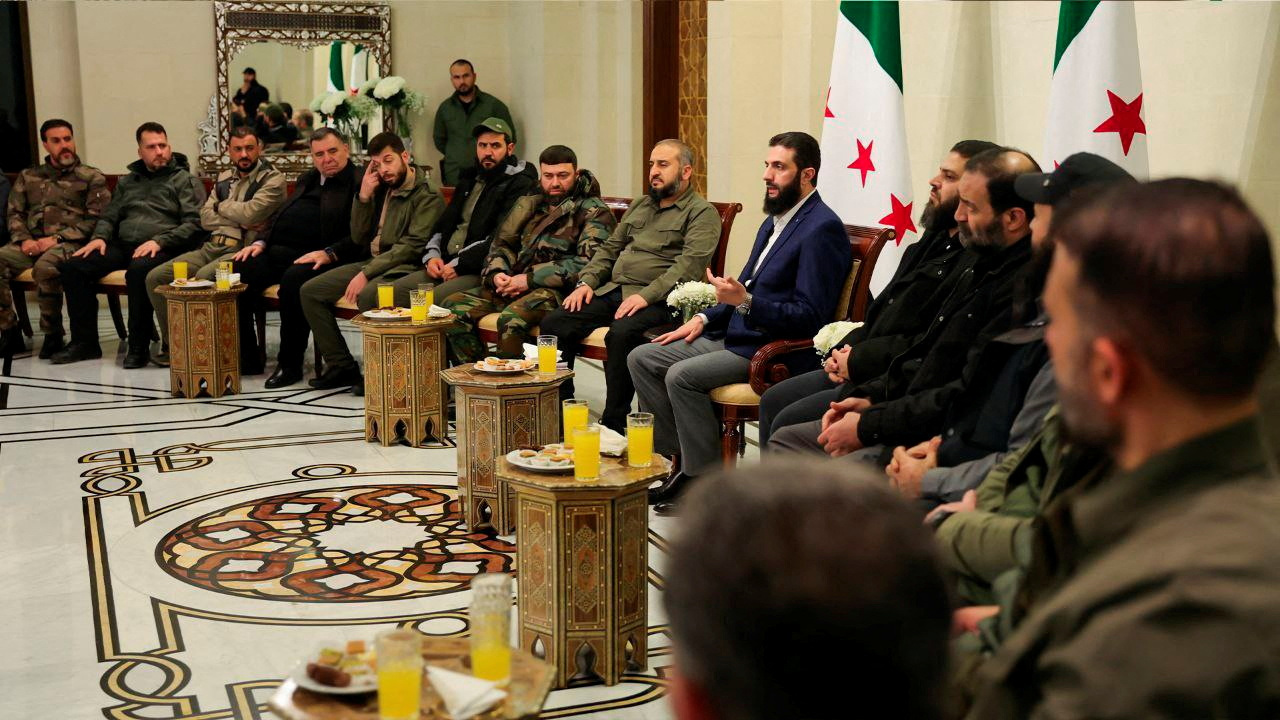

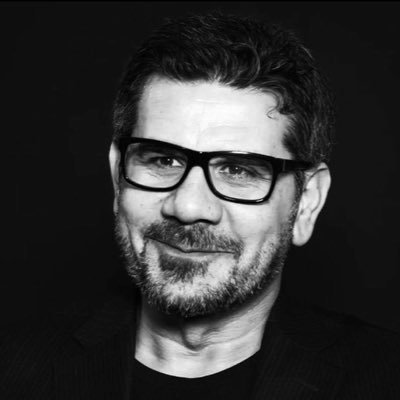
Jun 6, 2017
Qatar Crisis: A Regional Schism That’s Been Years in the Making
The world seems startled by the seemingly sudden rift between key Arab states and Qatar. Yet the crisis has been in the making for more than a decade. It is certainly drastic, but there’s nothing remotely mysterious in Saudi Arabia, the UAE, Bahrain, Egypt and others cutting diplomatic relations and suspending many other ties with...
4 min read